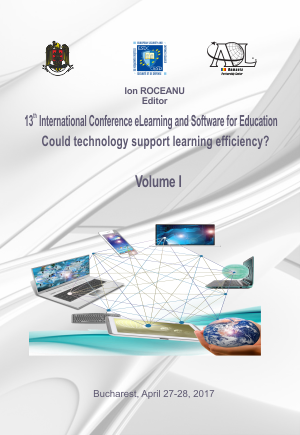IMPROVING NUCLEAR CRISIS MANAGEMENT PROCEDURES THROUGH GAMES AND SIMULATIONS
IMPROVING NUCLEAR CRISIS MANAGEMENT PROCEDURES THROUGH GAMES AND SIMULATIONS
Author(s): Ciprian IGNATSubject(s): Social Sciences
Published by: Carol I National Defence University Publishing House
Keywords: games; simulations; nuclear deterrence; crisis management; flexible response; massive retaliation.
Summary/Abstract: The biggest threat to the existence of the entire human race is a large-scale nuclear war. The perspective of this kind of confrontation was a major concern during the Cold War. After the collapse of Soviet Union seemed that the world entered in new of stage and former US President Barrack Obama’s vision – “a world without nuclear weapons” was getting closer. However the recent events on the international scene are meant to make us reconsider Obama’s vision. The posture of Russian Federation and United States of America regarding the nuclear disarmament, especially after the 2014 illegal annexation of Crimea can be the considered a sign of second Cold War. Many strategists, scientists, historians and even politicians had developed many scenarios regarding the evolution, possible consequences, doctrines, procedures and had brought for their interpretation new concepts related to a possible nuclear crisis. How can we better understand the behaviour of the nuclear state leaders? How can we calculate and bring closer to reality the effects of their decisions? Learning through games and simulations might be the solution. Through both methods, great results were achieved in comprehend abstract concepts as conflict, anarchy or cooperation. Searching for the mechanisms behind nuclear crisis management can offer us solutions for in case of a nuclear confrontation. The students in universities or military academies should be seen as the leaders of tomorrow. For that purpose is mandatory to invest in their education, using the best tools that we poses because preparing them for high responsibility positions, investing our resources in their knowledge, ultimately we invest in our peace and security.
Journal: Conference proceedings of »eLearning and Software for Education« (eLSE)
- Issue Year: 13/2017
- Issue No: 01
- Page Range: 58-63
- Page Count: 6
- Language: English

